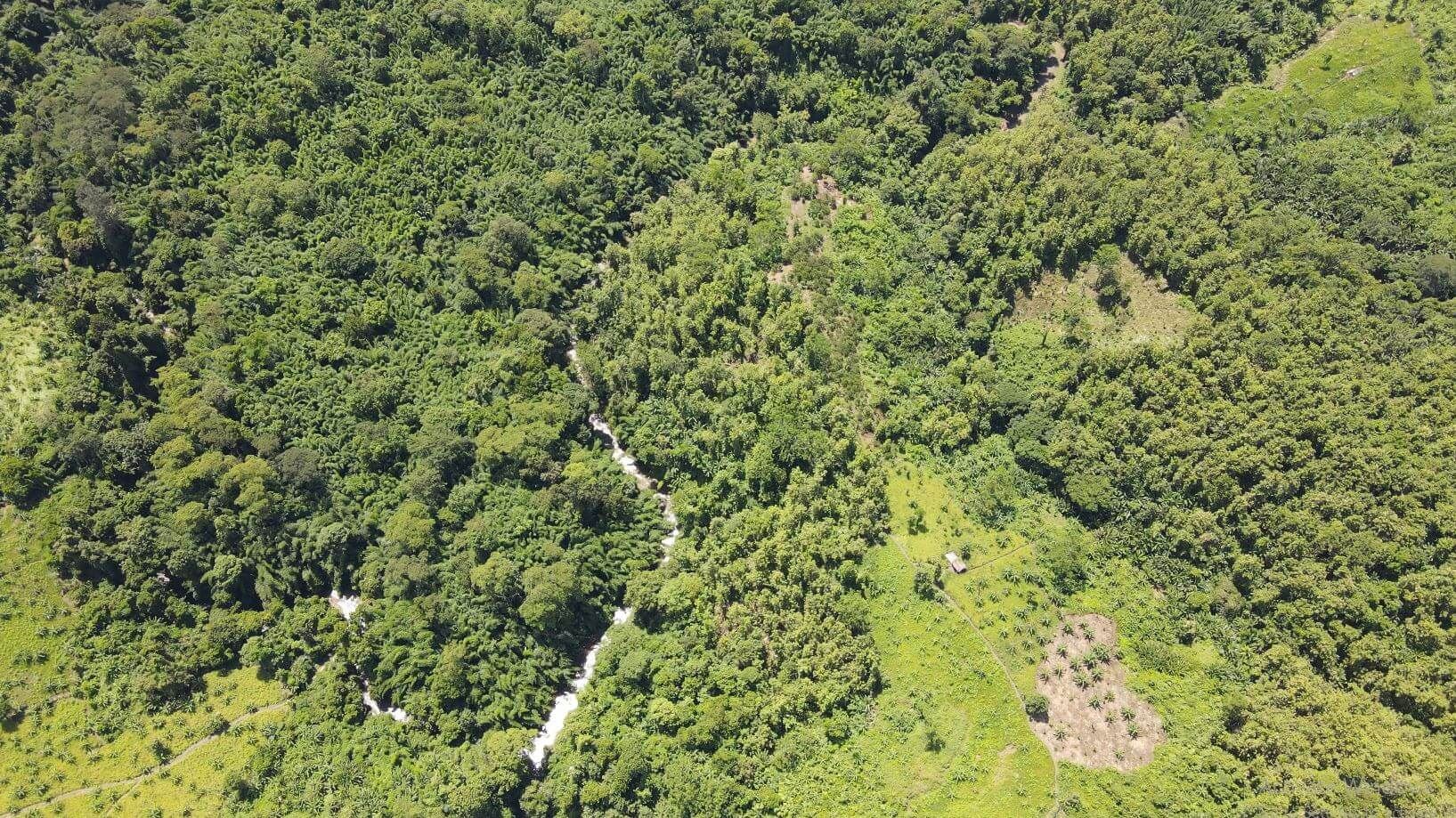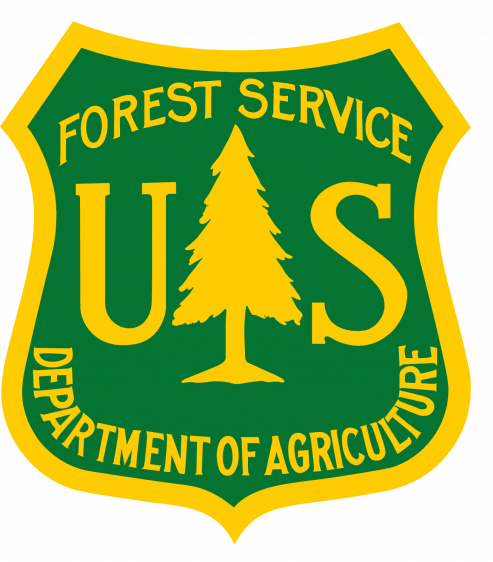Compass CHT-FLR Program Made a Breakthrough in Forest Landscape Restoration in CHT
 The Chittagong Hill Tracts (CHT) have undergone massive deforestation and degradation in recent decades due to overexploitation and the lack of restoration efforts. In this context, the US Forest Service International Programs (USFS-IP) in collaboration with Arannayk Foundation and Tahzingdong has taken a community-based forest landscape restoration (FLR) initiative in Rowangchari Upazila of Bandarban Hill District under its USAID-funded Community Partnership to Strengthen Sustainable Development (Compass) project since April 2021. In the first year of this initiative, an FLR plan was developed using a customized Restoration Opportunity Assessment Methodology (ROAM) involving a multidisciplinary team of forest ecology, plant taxonomy, wildlife biology, silviculture, forest resources management, watershed management, and natural resource economics experts. Nine villages of Rowangchari are now part of the piloting of implementation of this plan.
The Chittagong Hill Tracts (CHT) have undergone massive deforestation and degradation in recent decades due to overexploitation and the lack of restoration efforts. In this context, the US Forest Service International Programs (USFS-IP) in collaboration with Arannayk Foundation and Tahzingdong has taken a community-based forest landscape restoration (FLR) initiative in Rowangchari Upazila of Bandarban Hill District under its USAID-funded Community Partnership to Strengthen Sustainable Development (Compass) project since April 2021. In the first year of this initiative, an FLR plan was developed using a customized Restoration Opportunity Assessment Methodology (ROAM) involving a multidisciplinary team of forest ecology, plant taxonomy, wildlife biology, silviculture, forest resources management, watershed management, and natural resource economics experts. Nine villages of Rowangchari are now part of the piloting of implementation of this plan.
This year (2022), with a target to restore 250 hectares of degraded forest lands through tree plantation and assisted natural regeneration (ANR), the project successfully conducted the planting of around 162,500 seedlings of 75 species of local trees and assisting (through spot weeding, stacking) more than 30,410 naturally regenerated seedlings of desired tree species to grow, and successfully achieved the target. The species of trees were selected considering the characteristics of the planting site including food and habitat requirements for wildlife. The restored mosaics include 85 ha degraded hill forests, 50 ha degraded areas inside VCFs, 20 ha riparian sites, 45 ha biodiversity corridors, and 50 ha jhum fields. The planted seedlings include 89 different tree species including 7 types of fruit trees for the agroforestry model for jhum fields.
To make this groundbreaking initiative remarkable through active community participation, the project trained and engaged 10 local youths (5 male, 5 female) as Youth Community Volunteers (YCV) and 250 beneficiary participants (150 male, 100 female) from nine villages. The project supported the Arannayk Foundation in establishing a specialized nursery near Bandarban to assure the supply of planting materials for the restoration operation and also developed eight private nursery entrepreneurs from among the community members through training and other aids.
.jpg) The local community leaders including the Karbaries and monks, Hill District Council, Forest Department, and Upazila administration are all actively supporting this initiative. Lakshman Tangchangya, Karbari of Chokkhulal Para village, expressed his feelings about the FLR initiative saying, "We hope the ecosystem of our area will regain its previous form (functionality) through the ongoing ecosystem restoration work of this project. Increased tree cover on the hills will ensure year-round water flow in the streams, which will play a significant role in the sustainable livelihood of the hill communities”.
The local community leaders including the Karbaries and monks, Hill District Council, Forest Department, and Upazila administration are all actively supporting this initiative. Lakshman Tangchangya, Karbari of Chokkhulal Para village, expressed his feelings about the FLR initiative saying, "We hope the ecosystem of our area will regain its previous form (functionality) through the ongoing ecosystem restoration work of this project. Increased tree cover on the hills will ensure year-round water flow in the streams, which will play a significant role in the sustainable livelihood of the hill communities”.
